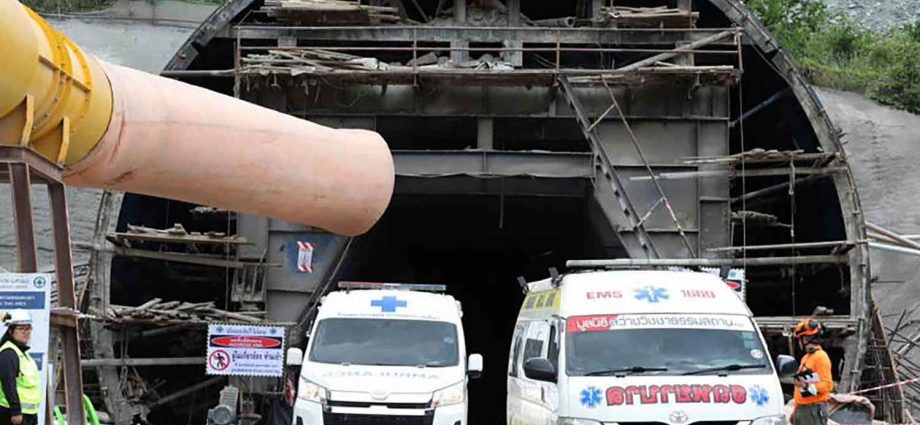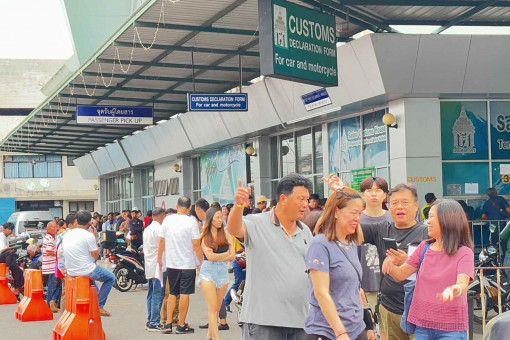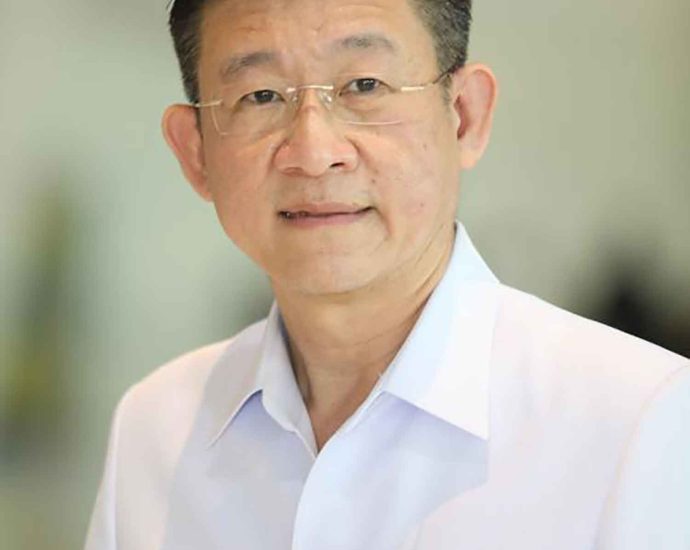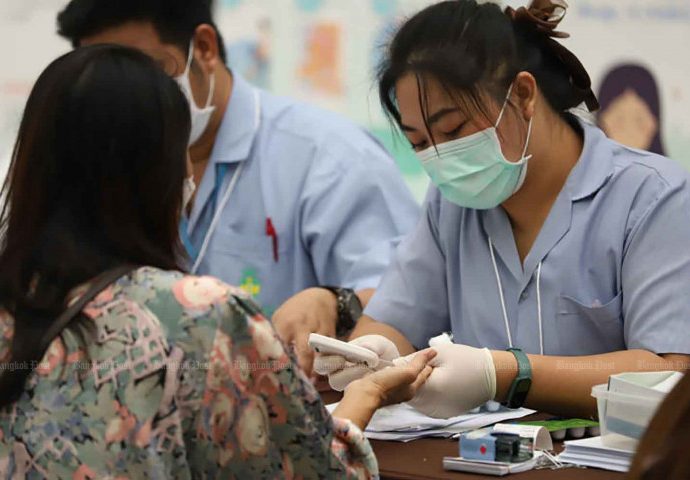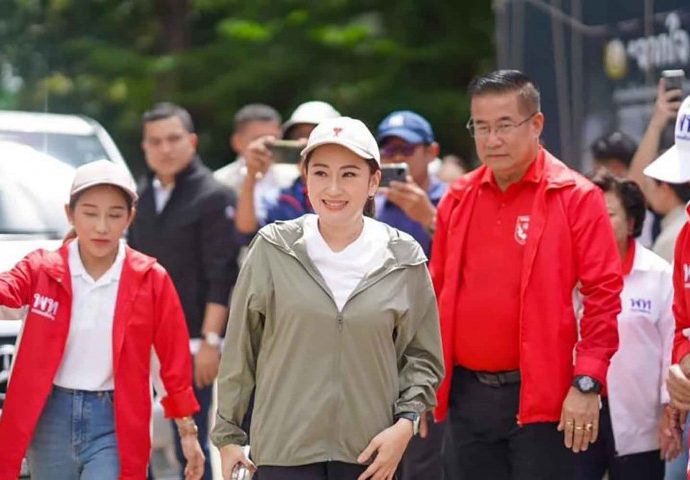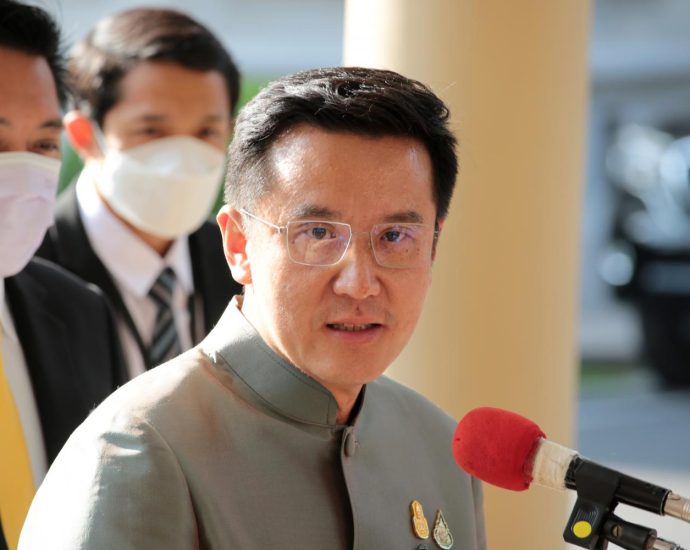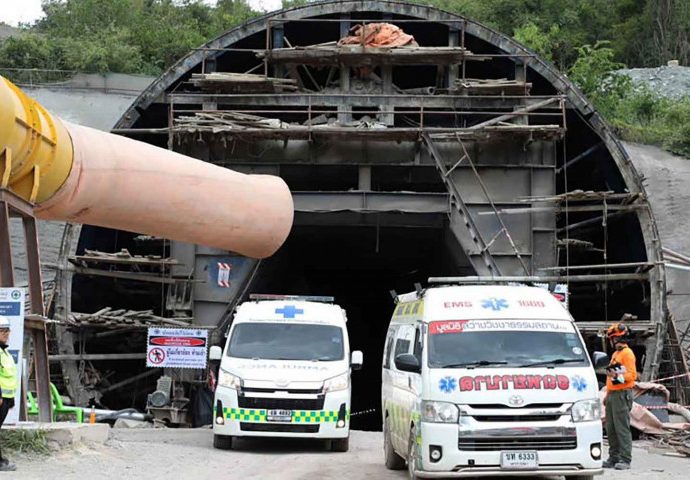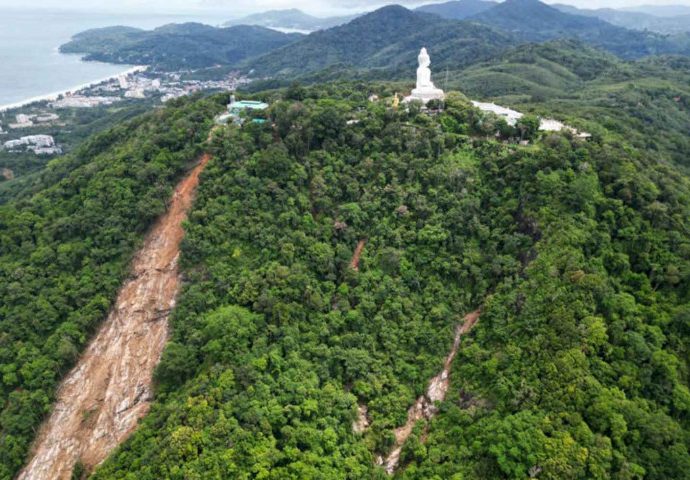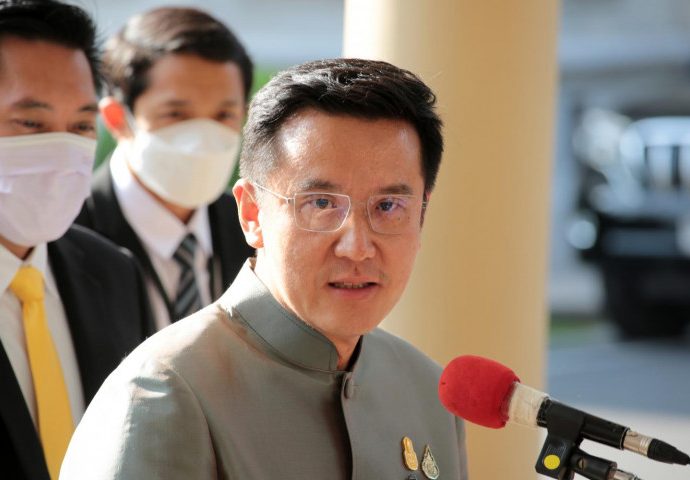Investigators to probe tunnel collapse in NE Thailand that killed 3

NAKHON RATCHASIMA: A team of investigators has been appointed to look into the collapse of a rail tunnel that resulted in the deaths of three workers, said the superintendent of Pak Chong police station in this northeastern Thai province.
Pol Col Veerapol Rabiappho, chief of the station, said police will interview workers, the contractor, and representatives from the Council of Engineers, the Engineering Council of Thailand (ECO), and the Engineering Institute of Thailand (EIT) as part of the investigation.
The findings of an inquiry by the State Railway of Thailand (SRT) into the collapse will also be reviewed to determine if the construction complied with the design, regulations, and safety standards, he said, adding the police probe is expected to take some time before reaching a conclusion.
Pol Col Veerapol said the construction of the tunnel has been halted pending discussions among engineers and the contractor on how to proceed to ensure safety.
The three victims, two Chinese and one Myanmar national, were working inside the tunnel when it collapsed on the night of Aug 27 after a prolonged period of rain.
The collapse occurred approximately 1.5 kilometres from the entrance of the four-kilometre-long tunnel, near Khlong Khanan Chit station in Pak Chong district.
The first body was retrieved last Thursday, and the other two on Friday, as the search and rescue mission was hampered by ongoing rail construction and difficult conditions.
Suchatvee Suwansawat, an expert on tunnel and underground construction, said the incident should serve as a lesson for all agencies involved in complex construction projects.
He said soil and rock conditions vary from place to place, requiring different equipment and skills. The tunnel for the rail system employed a technique known as “drill and blast.”
Mr Suchatvee, also a deputy leader of the Democrat Party, said while “drill and blast” is less safe compared to the more expensive boring machine technique, it is widely used.
With proper design, construction equipment and safety controls, it can be a safe method.

